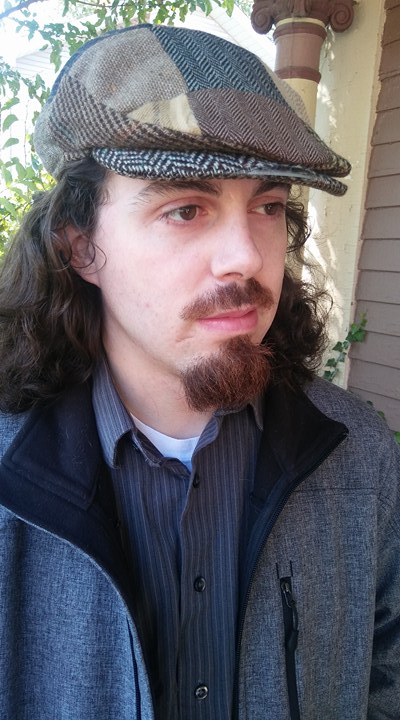Education for all: How HELU is working to transform higher education

Higher Education Labor United (HELU) is a national coalition composed of students, postdocs, staff and professors that aims to guarantee higher education for all who want it. The organization came about in the summer of 2021 when Scholars for a New Deal for Higher Ed, Rutgers AAUP-AFT, and other allies hosted a summit to discuss how higher education in the U.S. can be reshaped and reconstructed.
More than 50 union locals were in attendance, including the Graduate Employees’ Organizing Committee (GEOC) run by graduate students at Wayne State University. Member and Ph.D. candidate in the Department of History of the College of Liberal Arts and Sciences Sean O’Brien attended as the local’s representative.

“The summit focused on where our next steps should be as a fledgling organization,” O’Brien said. “I really saw HELU taking shape as a wall-to-wall, coast-to-coast organization that considers diversity, inclusivity, and a fair, equitable higher ed economy.”
Since the summer summit, over 110 unions and allied organizations, representing over 530,000 higher education workers across twenty-eight states have joined HELU.
“HELU is bringing together these locals to discuss our shared struggles and how we can influence the political conversation that shapes higher ed,” he said. “We need laws and funds that promote and protect higher education and higher ed workers. Locals tend to fight contract-by-contract, and I don't think that's enough. Institutions have major state-structures behind them, don't they? It sets their funding and expectations. It's kind of like going to your boss's boss to discuss a problem.”
HELU lobbies for education that prioritizes people, not profit and to do that, they call for a committed and unified national movement that will work to fight for communities across the nation and transform higher education detailed in a vision statement posted on their website.
O’Brien said participation in HELU has taught him that workers in higher education aren’t alone. That they don’t have to be isolated.
“These problems are complex, they're layered, but they're also answerable,” said O’Brien who went on to talk about his childhood desire to become a history professor. “I don't think 12-year-old me knew much about history or the academy. I wanted a tweed jacket with elbow patches (which I have now!) No, now I want non-profit higher education for the common good. Our nation needs it, and you know what? We deserve it.”
Written by Kristy Case, Graduate School